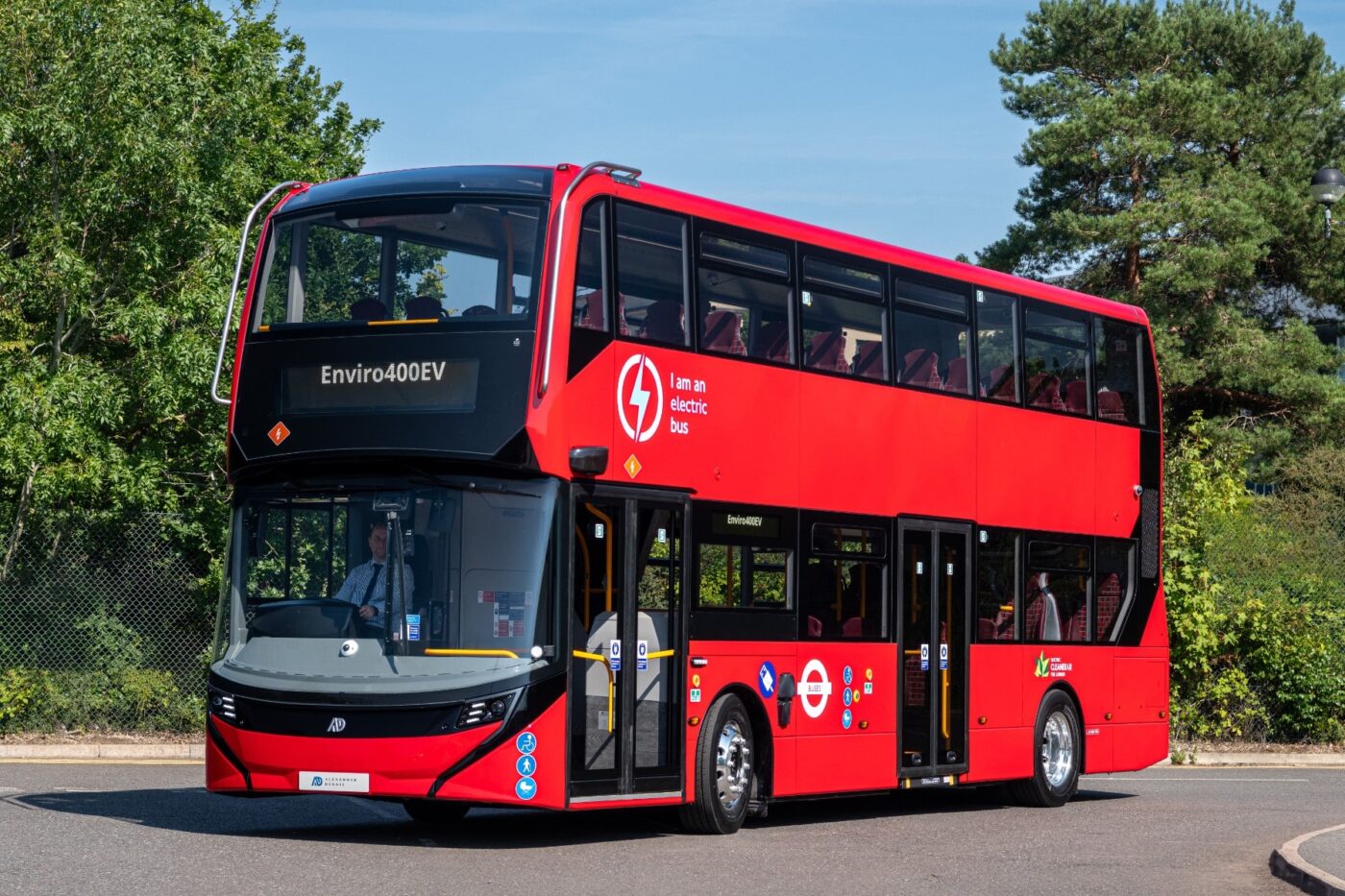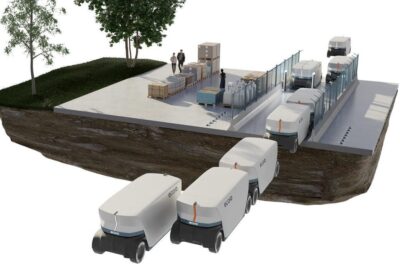UK government announces £38m electric bus investment
Specifically, the government is providing £37.8 million to subsidise the purchase of 319 zero-emission buses – the equivalent of €44.1 million. Part of the agreement is that these electric buses should be in operation by spring 2027. The funding comes on top of the second round of the Zero Emission Bus Regional Area (ZEBRA 2) programme, which will finance a further 995 zero-emission buses.
Some of the areas which secured the funding include:
- West of England Combined Authority: £19.89m for 160 buses
- Hull City Council: £3.91m for 42 buses
- Nottinghamshire County Council: £2.68m for 42 buses
- Brighton & Hove City Council: £2.63m for 13 buses
- Staffordshire County Council: £2.21m for 9 buses
- Surrey County Council: £1.74m for 12 buses
- Reading Borough Council: £1.35m for 8 buses
- Isle of Wight: £1.29m for 9 buses
- Wiltshire County Council: £1.18m GBP for 7 buses
- Devon County Council: £772,000 for 10 buses
- Torbay County Council: £361,000 for 6 buses
- Leicestershire City Council: £126,000 for 1 bus
There appears to be quite a steep price differential between areas even where the same number of buses are being purchased. For example, Surrey County Council is receiving £1.74m of funding for 12 buses, while Devon County Council is receiving only £772,000 for 10 buses.
In addition to procuring the vehicles, the funding recipients can also use the grants to finance the development of the associated infrastructure. What’s more, according to the government, some of the grants are used to give ‘a new lease of life’ to certain bus routes, for example in Bristol, where the funding is being used to expand zero-emission bus services to 22 different routes through the city.
“I’m thrilled to announce this £38m investment, which will deliver 319 new zero-emission buses to communities across England by 2027,” said Local Transport Minister Simon Lightwood. “This funding will not only make bus travel cleaner, greener and more comfortable, but it will deliver on our Plan for Change, creating jobs, supporting local economies and accelerating our journey towards a zero-emission future.”
60 per cent of the buses funded by previous ZEBRA investments have been procured from domestic, UK-based companies, so the hope is that the money will continue to support the UK electric bus industry. Additionally, the government’s forthcoming Bus Services Bill is set to include a measure to end the use of new diesel and petrol buses across England.





0 Comments